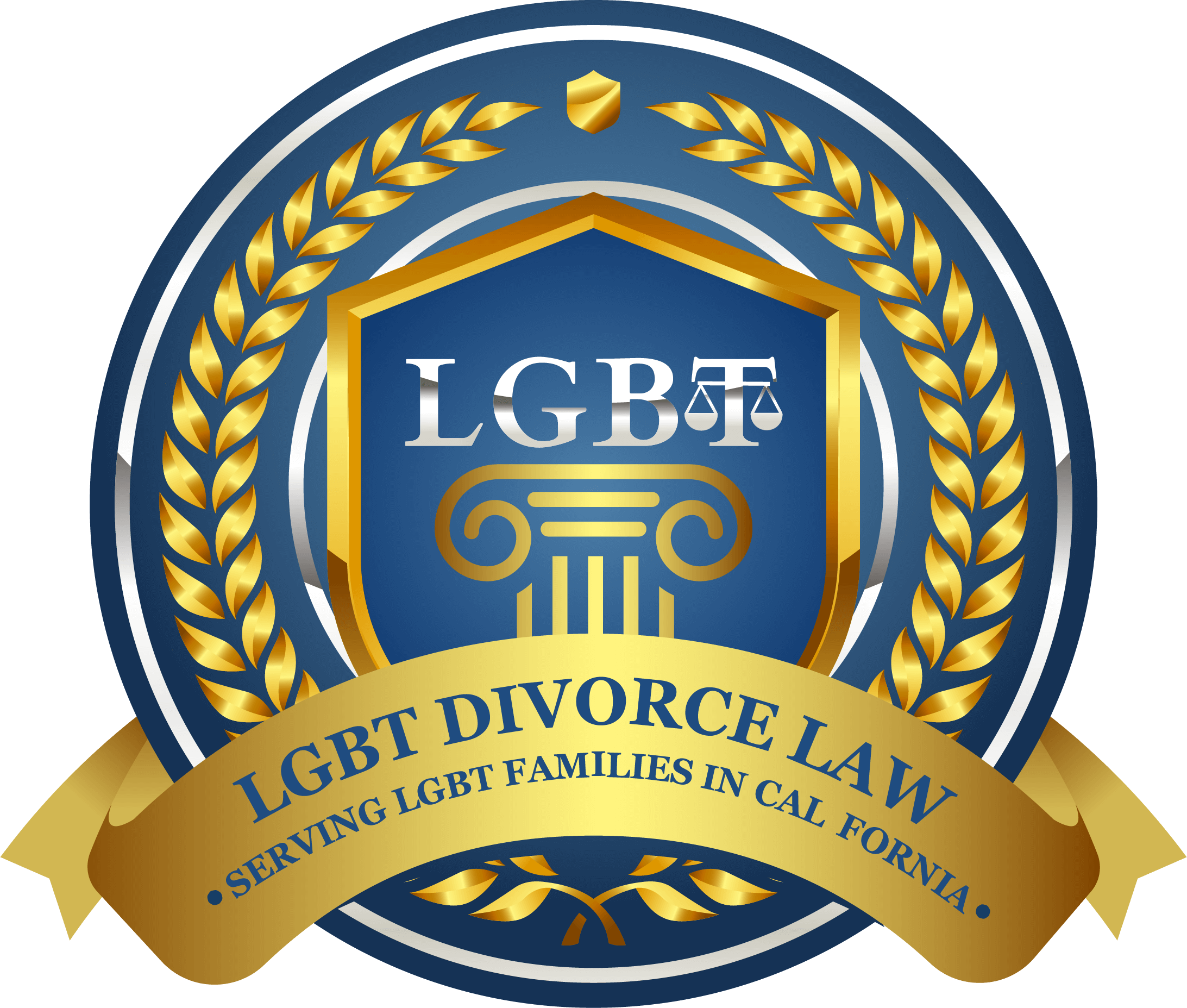In same-sex divorces, non-biological parents face unique legal considerations and challenges when seeking custody or visitation rights. California recognizes the importance of parental relationships and strives to protect the rights of non-biological parents. In this informative page, we will address the legal considerations and challenges faced by non-biological parents in same-sex divorces in California. We will discuss relevant laws and court decisions that recognize parental rights in such cases. As experienced LGBT family law attorneys, we are here to guide you through the complex legal landscape and help protect your parental rights.
Recognizing Parental Rights in Same-Sex Divorces:
- Presumption of Parentage: California law recognizes the role of both biological and non-biological parents in a child’s life. The Uniform Parentage Act (UPA) establishes a presumption of parentage for non-biological parents who have a close and established parent-child relationship with the child. This presumption applies to married same-sex couples and registered domestic partners.
- The Best Interest of the Child: California family courts prioritize the best interest of the child when making custody and visitation decisions. Factors such as the child’s age, emotional bonds with each parent, stability, and the ability to provide a safe and nurturing environment are considered.
- Establishing Parentage: Non-biological parents who are not married or registered domestic partners must take additional steps to establish legal parentage. This can be done through adoption, a parentage judgment, or a voluntary declaration of parentage. Establishing legal parentage is crucial for asserting parental rights and responsibilities.
- De Facto Parent Status: California recognizes the concept of de facto parent status, which applies to non-biological parents who have acted as the child’s parent and developed a close parent-child relationship. This status allows de facto parents to seek custody and visitation rights even if they are not legally recognized as the child’s parent.
- Court Decisions: California courts have made significant rulings that uphold the parental rights of non-biological parents in same-sex divorces. These decisions recognize the importance of maintaining established parent-child relationships and consider the well-being of the child as paramount.
- Parenting Plans and Mediation: In same-sex divorces, it is crucial to develop a comprehensive parenting plan that addresses custody, visitation, and other parental responsibilities. Mediation can be a helpful process for negotiating and reaching agreements that prioritize the best interests of the child.
Consulting an LGBT Family Law Attorney: Navigating the legal landscape as a non-biological parent in a same-sex divorce requires the expertise of an experienced LGBT family law attorney. By seeking legal representation from our knowledgeable attorneys, you can benefit from:
- Case Evaluation: We will evaluate your unique situation, taking into account the relevant laws and court decisions that impact your parental rights.
- Custody and Visitation Advocacy: Our attorneys will advocate for your parental rights, working to secure custody and visitation arrangements that prioritize the best interest of your child.
- Legal Documentation: We will assist you in establishing legal parentage, preparing adoption documents, or obtaining a parentage judgment, ensuring that your rights are legally recognized and protected.
- Mediation and Negotiation: Our attorneys will guide you through the mediation process, helping you negotiate a parenting plan that reflects your child’s needs and your parental rights.
Non-biological parents in same-sex divorces face unique legal considerations when asserting custody or visitation rights. California law recognizes the importance of parental relationships and strives to protect the rights of non-biological parents. By consulting with an experienced LGBT family law attorney, you can navigate the legal complexities and work towards a resolution that safeguards










